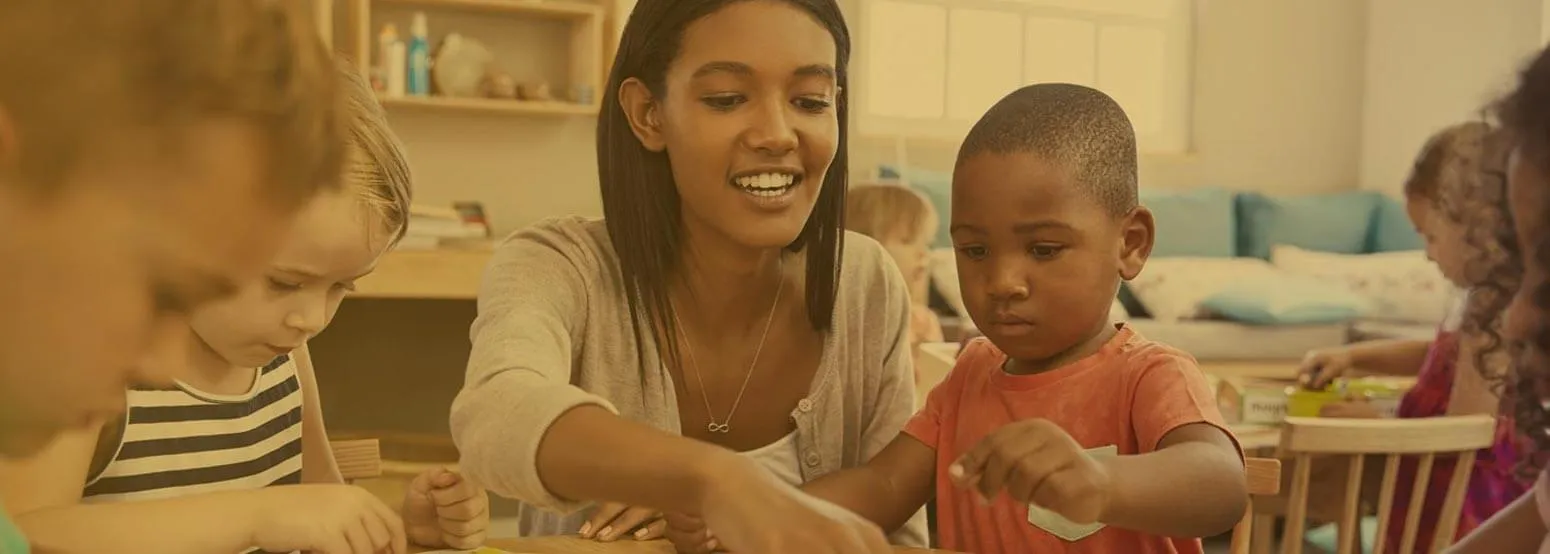How To Send a Thank-you Email After an Interview This Year
Sending a thank-you email after an interview is the perfect way to express how much you care about a job you’re interviewing for. How do you do it?
Our customers have been hired by*:*Foot Note

What is an interview thank-you email?
How to make sure your thank-you email makes a statement
If you want to make your thank-you note stand out from the rest of the emails sent to a recruiter during the interview process, there are a few things you can do to show you were paying special attention.
First, be certain to address the hiring manager by name, and if you were interviewed by more than one person as part of a panel interview, make sure each recruiter is included in the email. You should also try to mention the company name and job title specifically in case they are making hiring decisions for more than one position. Whether this is your first interview, a second video interview, or a follow-up to a phone interview, you should be sure to let the hiring managers know that you appreciate their time and attention.
If you can, ask a relevant question about the job title or interview process. Once you have covered all of the relevant points, sign off by using your full name. Remember, this should be a short thank-you, not a lengthy missive. Keep it concise to make a good impression.
FAQ: Sending a thank-you email after an interview
Have questions? We’re here to help.
Do I really need to send a thank-you email after an interview?
Yes, CNBC has found that as many as 68% of hiring managers and recruiters notice whether a job seeker sends a follow-up thank-you email and that it does impact their decision-making process. As such, sending a follow-up email to say thank you is an easy way to increase the chances of success in your job search.
Should I send emails after second interviews?
Yes, it’s a good idea to send a follow-up email after a second job interview. Getting a second interview means that the hiring manager is close to making a decision among you and other candidates. In this situation, it pays to stand out, and it’s well worth your time to create a thank-you email.
Is it a better idea to send a handwritten thank-you letter?
Both handwritten notes and thank-you emails are acceptable, but each may be best suited for different situations. For example, if your job interview was with a company that puts a lot of value on a familial atmosphere, the personal nature of a handwritten note would probably appeal to the hiring manager. If the company prioritizes modernity and efficiency, however, a thank-you email would probably get the best results.
Couldn't find the answer you're looking for?





